Sally Scales criticises probe into white hands on Indigenous art
Aboriginal artist and APY Arts Centre Collective board member Sally Scales launched an extraordinary attack on a tri-government probe into the white hands on black art scandal.
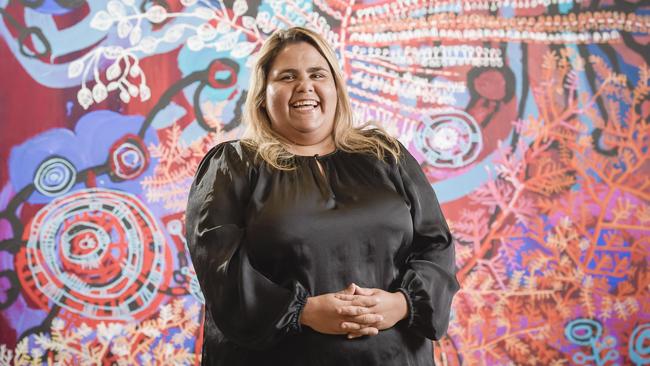
Aboriginal artist and APY Arts Centre Collective board member Sally Scales has launched an extraordinary attack on a tri-government probe into the white hands on black art scandal, saying she has no faith in the process and that only APY elders have the right to demand the embattled manager Skye O’Meara resign.
In comments on Wednesday that prompted dismay from leaders of the Aboriginal arts world, Scales said ministers had no right to make calls on “our company” and she seemed to justify allegations of white staff painting on Indigenous canvases as an “entitlement”.
ANU Indigenous art history head Brenda Croft criticised the ABC’s interview of Scales as “weak” by Radio National’s Patricia Karvelas.
Aboriginal arts curator Djon Mundine called on both O’Meara and Scales to step aside for the duration of the investigation.
Indigenous artist Fiona Foley said Ms Scales’ use of language like “my elders” was telling in the “continuing cover-up by the APY Centre collective board and their governance”.
Ms Scales, who is also on the board of the National Gallery of Australia, said “I wouldn’t necessarily have faith in the review … because … Andrea Michaels is doing what she wants in that space”.
She also said SA Arts Minister Andrea Michaels, and her Northern Territory counterpart, Chansey Paech – who were backed by federal Arts Minister, Tony Burke – had no right to call on Ms O’Meara to stand down while the investigation is conducted.
“You know, this is our company and the board is fully committed to our staff,” Ms Scales said. “And, you know, we look at it and go, that’s not (the minister’s) call; that’s our call.”
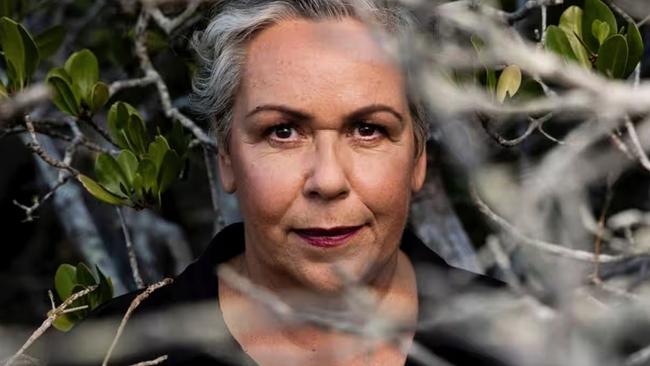
This is despite the collective having received many millions of dollars in government funding since its inception in 2016.
The serious allegations first raised in The Australian by numerous artists and staff, of white studio staff painting substantial sections of Indigenous paintings, staff and artists being bullied, money being used as a form of coercive control, artists being bribed to recant their stories and documents being doctored, were dismissed by Ms Scales as simply “tall poppy syndrome”.
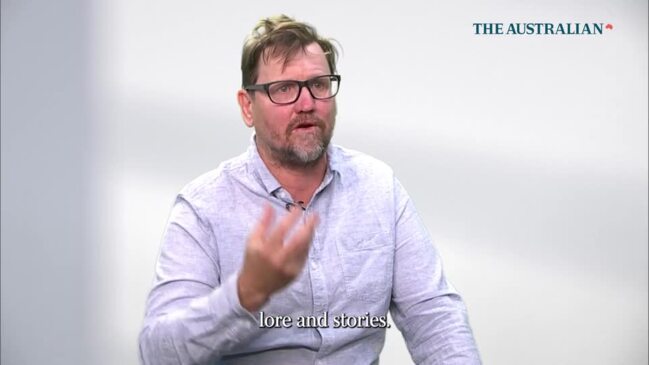
Prof Croft, who had been asked to lead the SA-led investigation, only to later have that offer withdrawn, said that allegations against the APYACC had nothing to do with tall poppies and everything to do with “integrity and the interference of white people in Indigenous art.”
Prof Croft also took aim at interviewer Patricia Karvelas, saying she had allowed Ms Scales to waffle and did not press her to answer questions.
When asked by Ms Karvelas about a video taken at the Tjala Arts Centre, which showed the former studio manager, Rosie Parker “juicing up” the art work of renowned artist Yaritji Young, Ms Scales gave a convoluted answer about Ms Young being the “most incredible woman I know …”
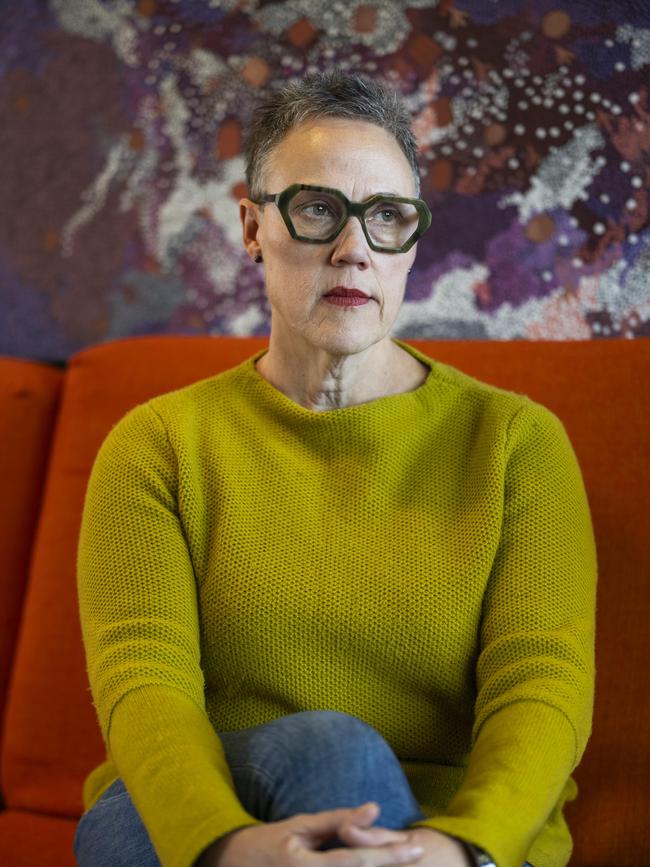
She was not asked why a white woman was painting on the canvas. “It was a weak interview,” Professor Croft said. “There’s this kind of pussyfooting around the hard questions because (of the attitude) that ‘we are beating up blackfellas’ … there’s this idea that we can’t go in and ask the hard questions. And that’s what a forensic review (into the APYACC) should be. It’s not about beating up blackfellas, it’s about trying to find out the truth.”
She said the focus should not be on the artists, but on the staff, and that ultimately, an ethical system benefited the artists.
An ABC spokeswoman said: “Patricia Karvelas is an excellent journalist and broadcaster and we support her rigorous, independent and informative interviewing, which is invaluable to audiences.”
Indigenous curator and artist, Djon Mundine, said of Ms Scales: “I just thought her attitude was ‘you can’t touch me and that’s it’”.
He said Ms Scales’ statement attacking the government review didn’t hold a lot of weight because “she’s the one being investigated”.
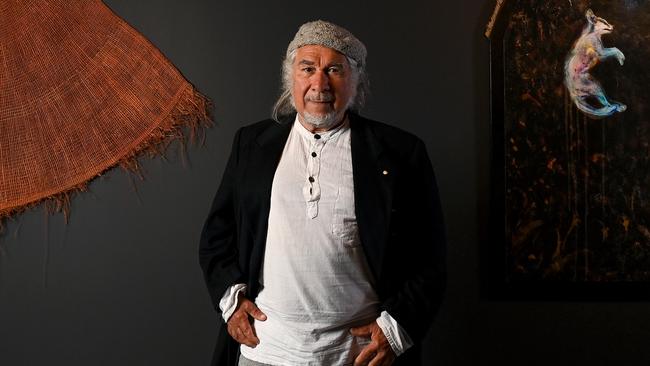
“It has taken years to get here,” he said. “She can have that opinion but she’s being investigated..”
He said the whole of the Aboriginal art world was being affected by the long investigation.
“There’s thousands of other (Indigenous) artists besides the people in APY, and they should just move on with it,” he said.
“Skye O’Meara and Sally Scales are acting really ridiculously … they don’t understand how they are compromising their reputations … but also compromising the APYACC’s reputation and compromising the whole of the Aboriginal art world. They could be magnanimous and stand aside.”
Ms Scales was asked if she felt the collective had been unfairly targeted. “Oh definitely,” she replied. “I think that there’s, there’s that notion of tall poppy syndrome that happens in Australia a lot and I think that’s where it sits in.”
Ms Michaels said board members would be held accountable.

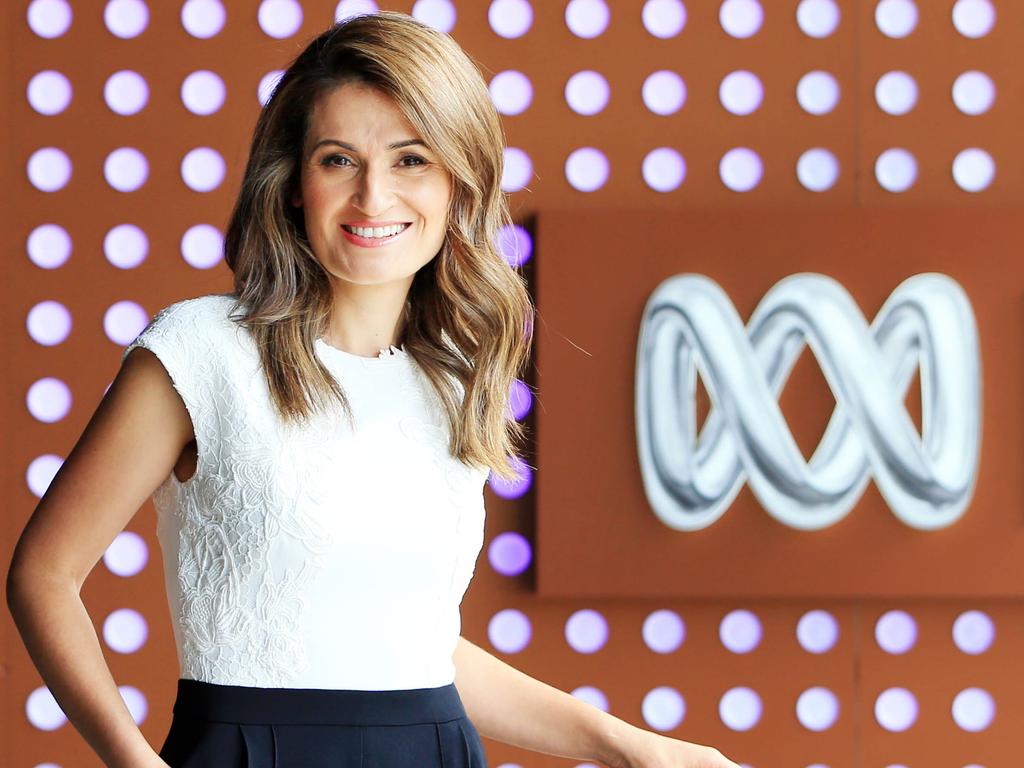
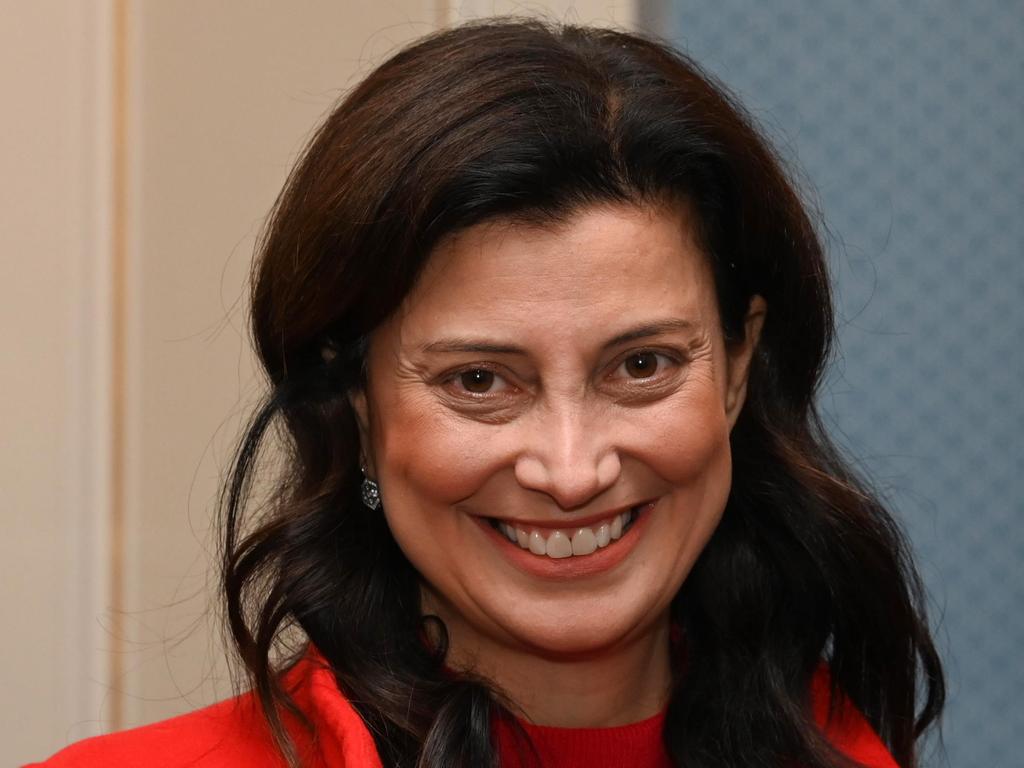
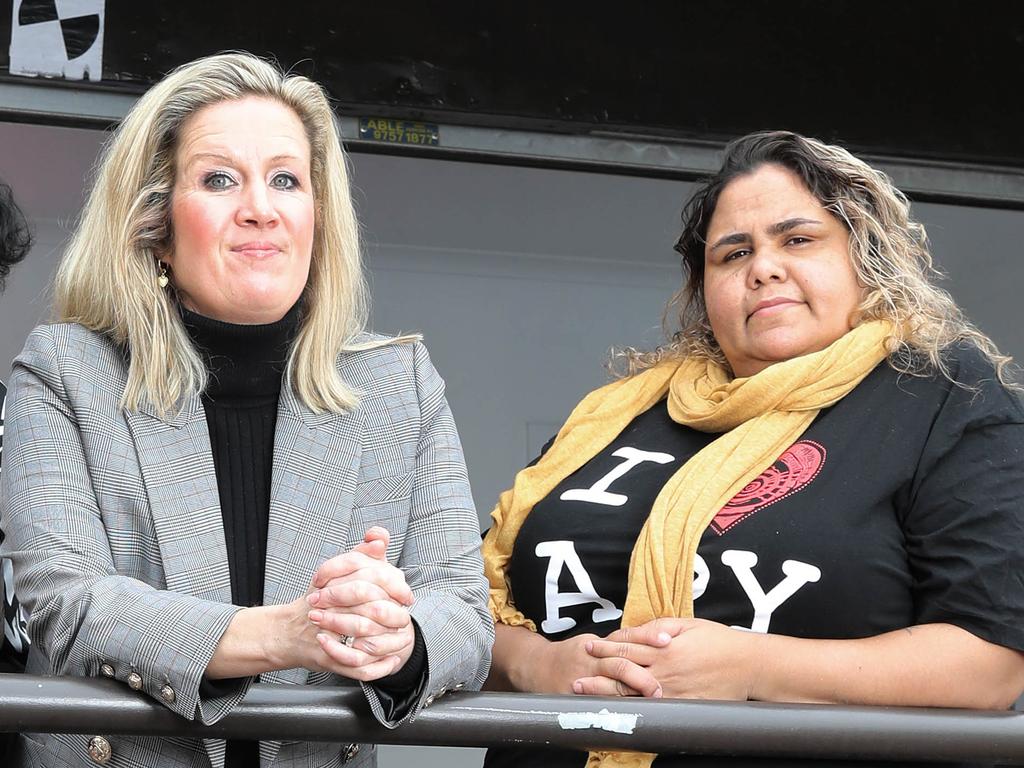
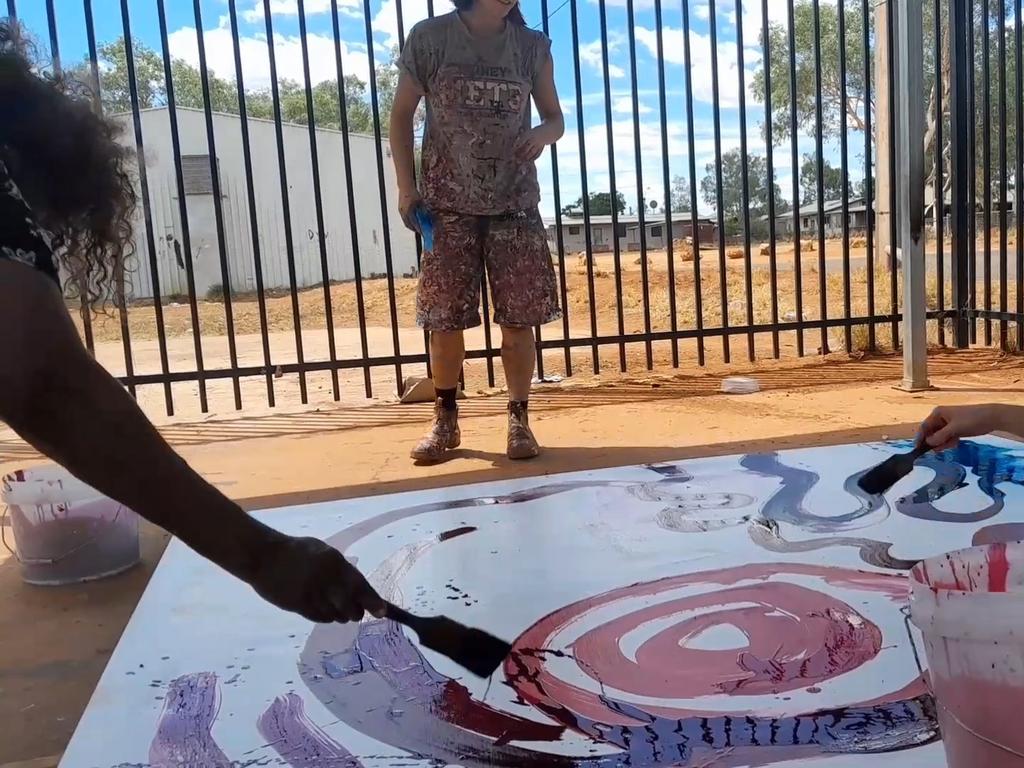

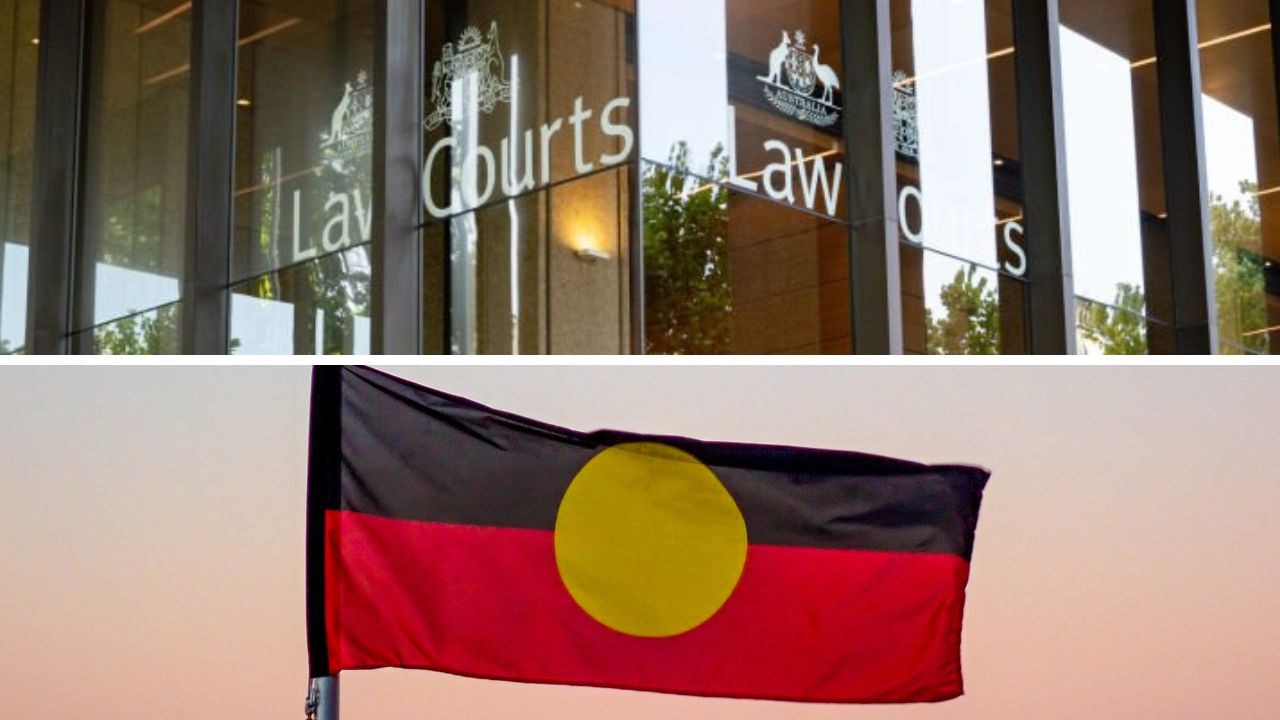
To join the conversation, please log in. Don't have an account? Register
Join the conversation, you are commenting as Logout